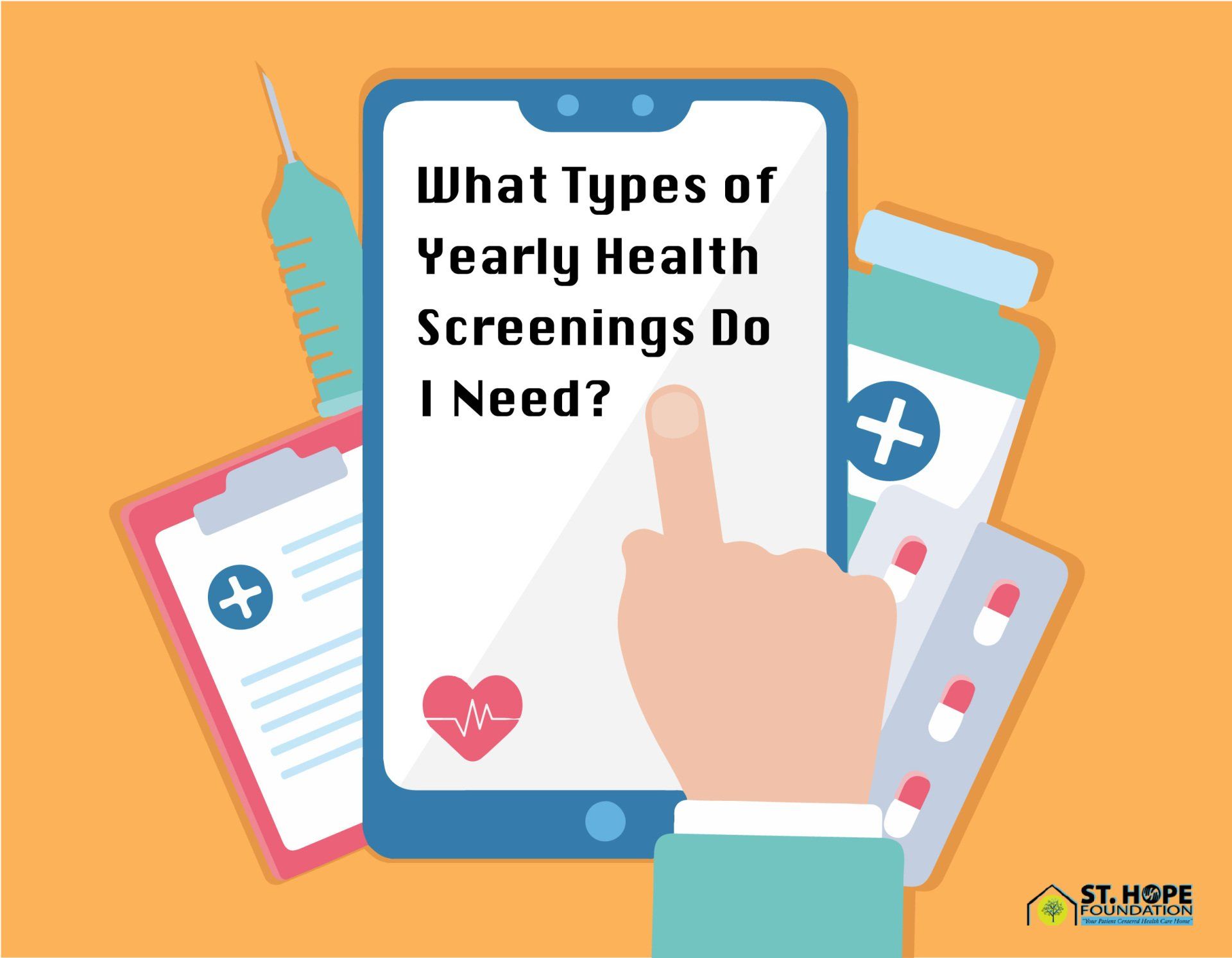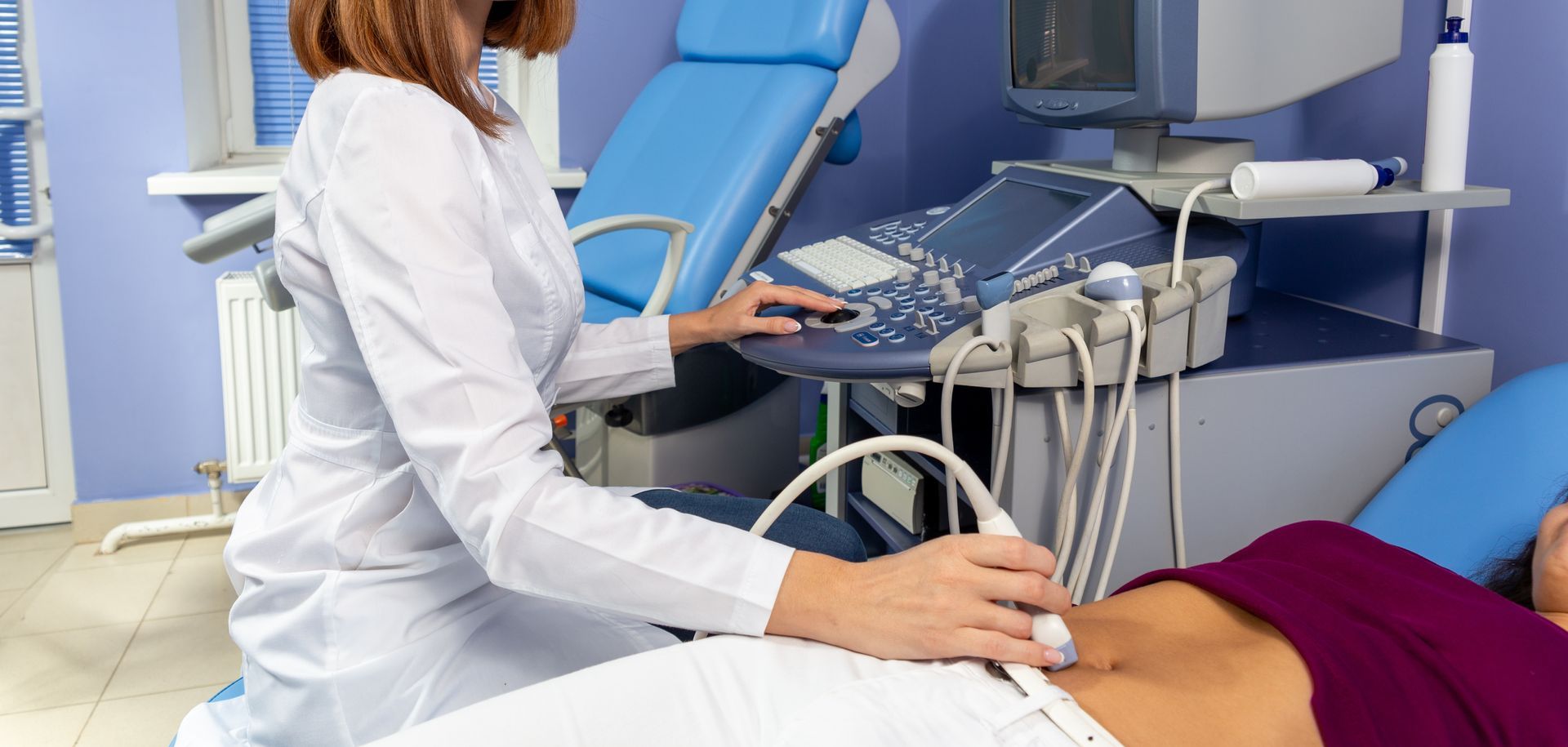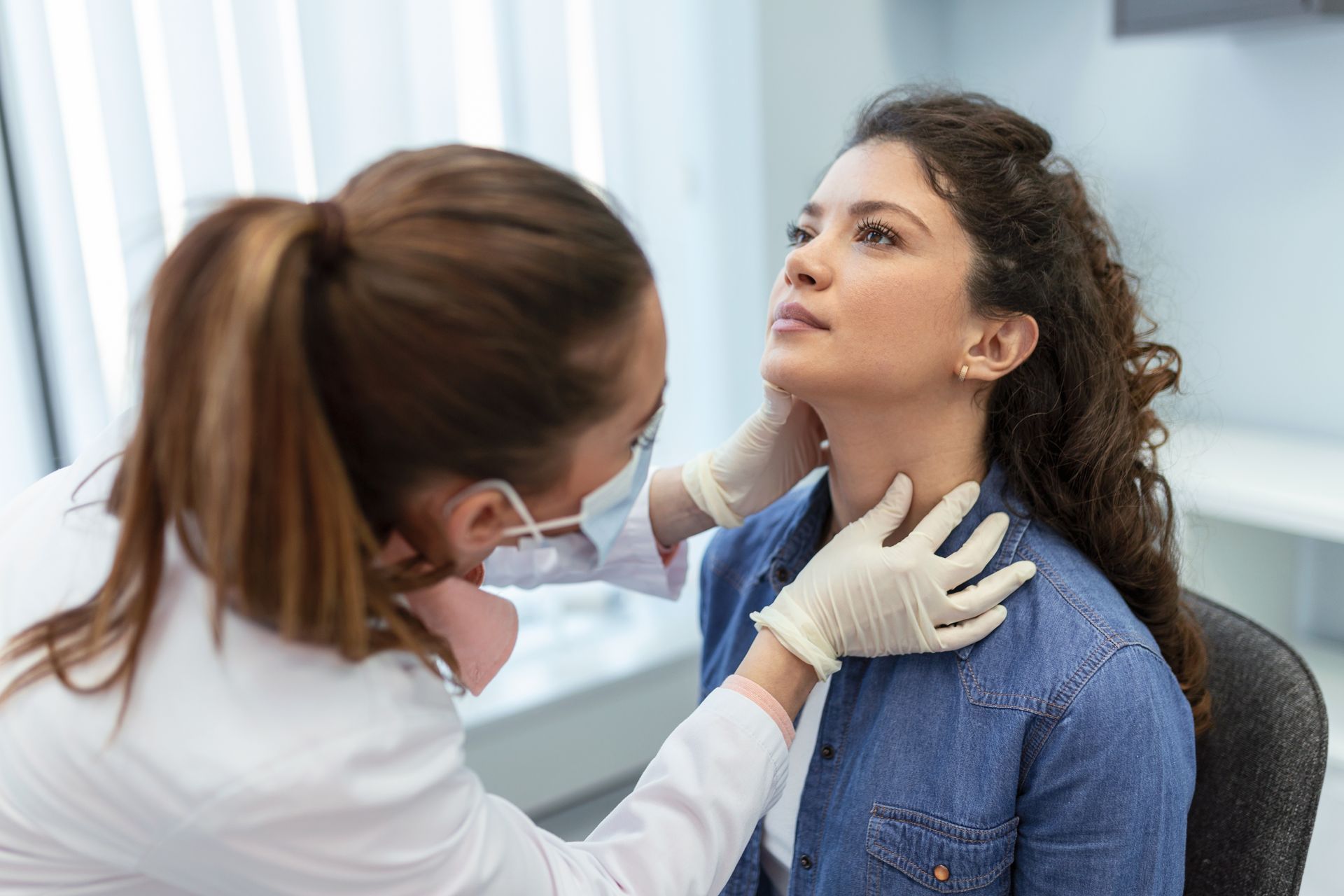Recent Posts
What Types of Yearly Health Screenings Do I Need?

When you are feeling ill or abnormal your instinct may be to schedule an appointment with a doctor or visit an urgent care clinic. The doctor or physician assistant you see will be looking for what is causing those symptoms, and they may prescribe specific tests based on what you’re feeling. Hopefully the result of the diagnostic test will allow your health care provider to accurately identify your ailment so they can prescribe the necessary treatment.
The goal of health screenings is to catch health problems before they sneak up and force you to take emergency trips to the doctor or urgent care.
What Are Screenings?
Screenings are medical tests that doctors perform even when you do not have any symptoms. They are preventative measures that help your health care team discover problems early when they’re easier to treat or prevent.
The types of yearly health screenings your doctor will recommend will depend on your:
- Age
- Health
- Family history
- Lifestyle
No matter how old you are or how healthy you may think you are, yearly health screenings are necessary. Early warning allows your primary care doctor or specialists to develop treatment or management plans.
Some health screens are more complicated than others. There are even legitimate debates over the age for beginning some health screenings or the frequency with which they should be administered.
Some high-risk patients may need more testing than others or should undergo certain screenings early. The frequency of screenings or the age at which you receive those screenings will likely be based on things like pre-existing conditions or familial history of specific ailments like diabetes or cancer.
Health Screenings for Children
Children and teenagers typically require fewer screenings than adults. For children the priority is likely an annual physical exam and a review of vaccinations. Making sure your children undergo a yearly examination isn’t just good for them – it will also be beneficial for your peace of mind.
Young Adult General Health Screenings
Both men and women should receive an annual screening for:
- Cholesterol
- Blood pressure
- Weight
- Skin health
By age 18 men and women begin to have different health care needs, and the yearly recommended health screenings reflect those changes.
Women’s Yearly Health Screenings
The complex biological makeup of the female reproductive system necessitates additional examination and testing. In addition to the general health screenings, it is recommended that women receive a yearly:
- Breast exam
- Pelvic exam
- Pap smear
Pap smears do not start until a woman is 21 years old or they begin to be sexually active. Breast examinations are necessary, but mammograms may only be necessary for women at certain ages or those at high risk for breast cancer, especially if it is in their family history.
You should speak with your OB/GYN about when certain screenings are appropriate for you, but the current guidance for mammograms is:
- Every year for women between the ages of 40 and 54
- Once every two years for women 55 and older
- You should continue receiving screenings if you are in good health and expect to live for 10 or more years
Your doctor may recommend different screening frequency based on your health history.
Men’s Yearly Health Screening
Men’s reproductive systems are slightly less complicated. In addition to the general examinations, their primary care doctor may recommend:
- Testicular examinations
- Prostate screenings
Both are necessary, but prostate examinations typically do not begin until an individual is 45 or 50 years old, unless they have certain prostate cancer risk factors. Some men may also undergo testing for their testosterone levels.
Senior Yearly Health Examination
As we age there are fewer health concerns in some areas and more concerns in others. In addition to the general health screenings that both men and women should have, older patients may also undergo:
- Bone density screenings
- Colonoscopies
- Various cancer screenings
- Testing for heart attack and stroke risk
- Eye Examinations
- Periodontal disease examinations
- Thyroid testing
- Memory function testing
- Diabetes testing
- Brain health and cognitive screenings
The sooner your doctor can detect any issues related to aging, the sooner they can help you develop and implement a plan to manage your risks.
Genetic Testing
People with a family history of certain health issues may benefit from earlier screenings or more frequent screenings. It is important to let your doctor know about your family’s health history so they can recommend the right screenings.
If you are not sure if you have a familial predisposition to certain diseases and chronic illness, you can get tested. Ask your doctor about genomic testing and biomarker testing. Your doctor can use genetic and biomarker testing to recommend screenings or lifestyle modifications to manage your risk factors.
Stay on Top of Your Health Screenings at St. Hope in Houston
Health screenings are all about early detection, prevention and management. You can be proactive about your health with yearly examinations and health screenings.
If you aren’t sure what yearly health screenings you should be getting, talk to your primary medical care doctor. St. Hope offers a full range of routine health and cancer testing, as well as immunizations to keep you and your family up to date on your health.
To schedule your health care screenings or an appointment with a primary care doctor at our facility, visit us online or call today at (713) 778-1300!









